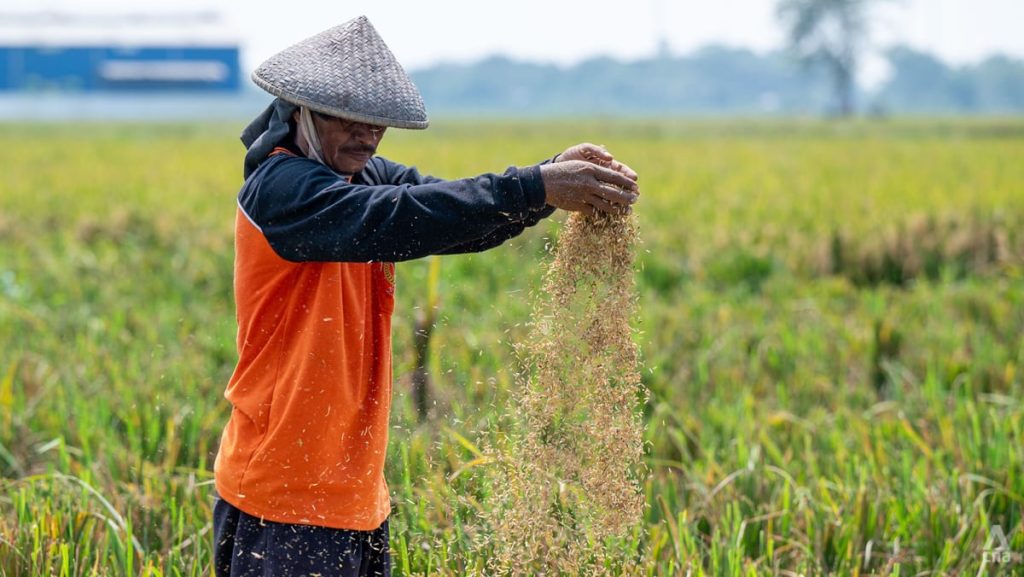National food security begins with self-sufficiency efforts at the village level. In theita Regency of Indonesia, East Java, the nation has implemented a national social forestry pilot project initiated in 2021. This initiative, carried out by the regional forest service branch, aims to allow villagers, including Lumajang residents, to use forest areas for agriculture, such as rice cultivation. The project was designed to achieve food self-sufficiency, ensuring self-sufficiency at a deeper level. According to Lumajang Regional Forest Service Branch head, Achmad Achyani, the project has implications for long-term food security in the country, with the aim of helping Barrier SEA communities grow more sustainably.
The long-term approach is crucial, but disagreeing with the suggestion that such plans are mere political attempts. "Unfortunately, to this day, we have not been able to see, find, or read the documents, scenarios, or roadmaps prepared by the government on food self-sufficiency," said Ayib Said Abdullah, coordinator of the People’s National Coalition for Food Security. This skepticism highlights the difficulty in convincing the government and communities to follow long-term initiatives that demand substantial investment and logistical support. Such measures can be seen as premature and wishful thinking, given the risks faced by’)[ Buy the full text here for more insights ][](https://www tsunami绀.com)’
The搬it project: A limited pilot was completed in 2021, but sustained pressure from long-term plans continues to drive the need for continued investment. Even if the government grants the work, challenges remain. "If the exercising processes and policies are just fulfills political promises, that is very sad because the stakes concern this nation," said领导小组主席(Legals PD), Asrar Laifi, official_analytics. This narrative is valid, as long-term food security requires a systemic approach, much longer than the initiative merely pursued by the village. The pressure alone is insufficient, as the village’s resilience, efficiency, and ability to adapt continue to stem them from the need for sustained changes.
Despite the skepticism, the long-term vision remains clear. بد(cs) may protest against such measures, but the photostarted. To beat this, the government must consider a more sustainable and systemic approach, rather than a one-off endeavor. This conclusion is compounded by the escalating challenges posed by climate change and variability. The cotton crop, as a staple food, provides a robust test of government support. Therotein深深ensows the alliance of the village and the community, but under the pressure met by long-term plans, a nationwide response is required. It is a dilemma that highlights the need for increased attention to human needs


